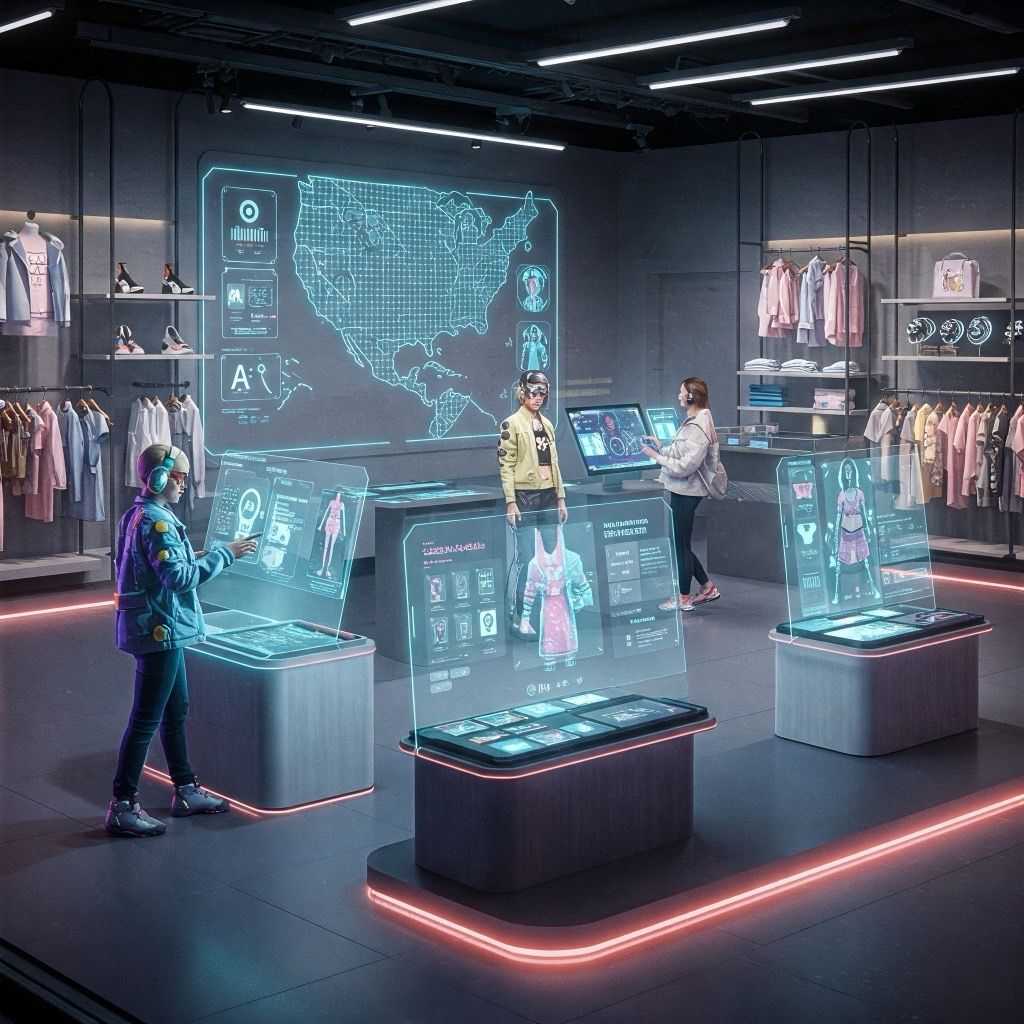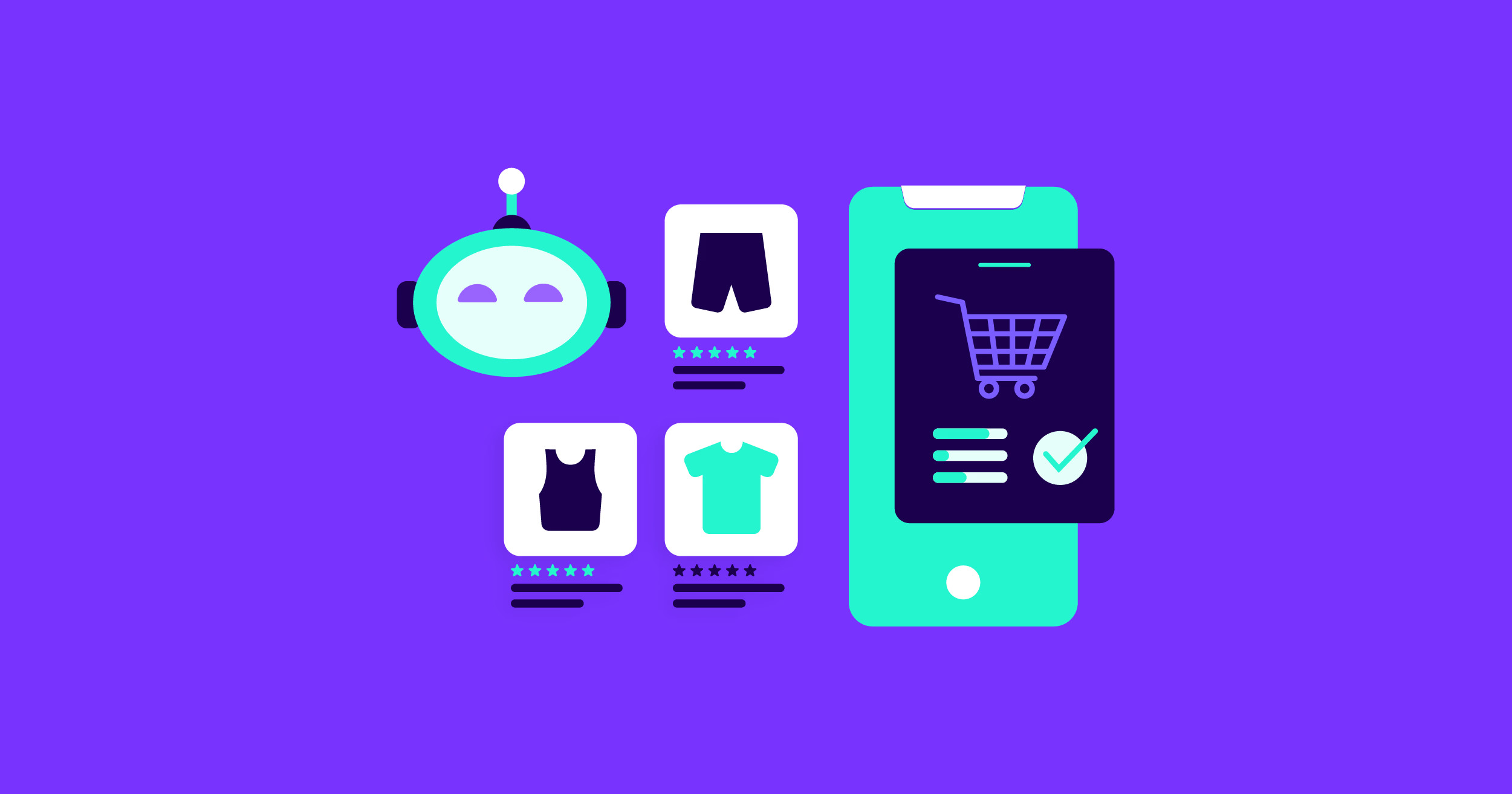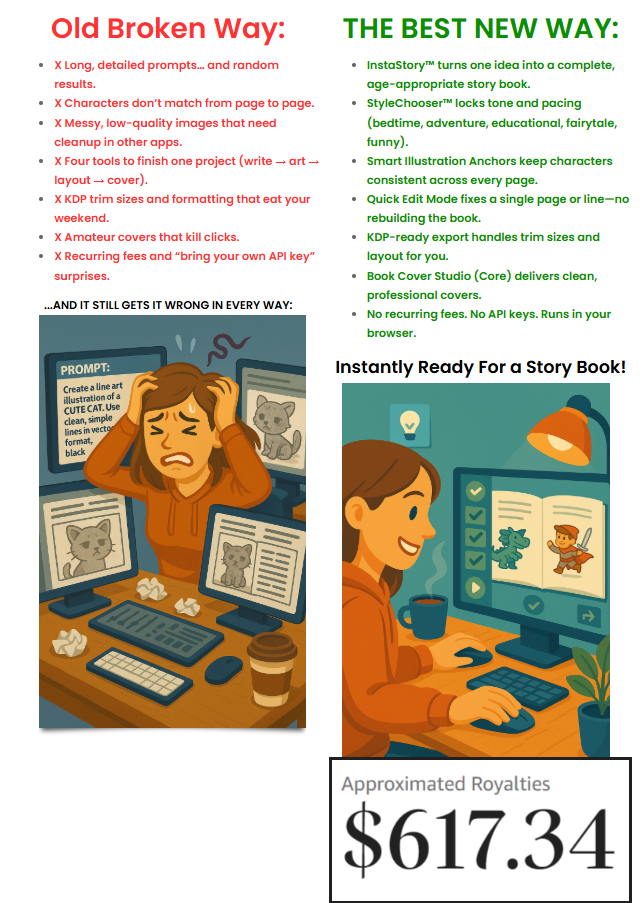AI Commerce Explained: What Every Global Shopper Needs to Know in 2025

Strong 8k brings an ultra-HD IPTV experience to your living room and your pocket.
Introduction: The New Era of Online Shopping Worldwide
The global online shopping landscape is undergoing a rapid transformation, and AI commerce is at the heart of this evolution. From hyper-personalized recommendations to AI-powered virtual try-ons and chatbots, artificial intelligence is making shopping smarter, faster, and more enjoyable for consumers everywhere. As leading retailers across continents accelerate AI adoption, understanding this revolution is essential for every shopper.
What is AI Commerce?
AI commerce refers to the use of artificial intelligence to automate, personalize, and optimize the online shopping experience-from product discovery to checkout. Unlike traditional e-commerce, which relies on static catalogs and manual processes, AI commerce leverages advanced algorithms, data analytics, and machine learning to:
- Analyze customer behavior and preferences
- Predict demand and trends
- Deliver real-time, tailored product recommendations
- Automate customer service and fraud prevention
This creates a shopping journey that feels curated, efficient, and highly relevant for each individual shopper.
AI Commerce Worldwide: Trends & Adoption
The world is witnessing a massive shift to AI-powered retail:
- Market Growth: The global AI in e-commerce market is expected to reach $50.98 billion by 2033, growing at a CAGR of 24.3%. The global fashion e-commerce market alone is projected to exceed $1.2 trillion by 2027.
- Retailer Investment: Over half of global e-commerce businesses already use AI to personalize customer experiences, streamline inventory, and optimize pricing.
- Consumer Readiness: 76% of shoppers worldwide say they are more likely to buy from brands that personalize their offerings. AI-powered recommendations now drive up to 35% of sales for major platforms like Amazon.
- ROI Impact: Retailers adopting AI report increased revenue, reduced returns by up to 35%, and improved customer loyalty.
AI commerce is now a strategic necessity for brands seeking to stay competitive and deliver value to modern consumers everywhere.
AI Shopping Technology Guide: Key Tools & Features
Personalization Engines
AI analyzes browsing history, purchase data, and demographics to create detailed customer profiles and recommend products tailored to each shopper. This level of AI personalization boosts engagement and conversion rates, with McKinsey reporting a 10–30% sales lift from personalization.
AI Chatbots for Shopping
AI-powered chatbots and virtual assistants use natural language processing and machine learning to provide instant, 24/7 customer support, answer queries, and guide users through the shopping process. Globally, 69% of customers prefer chatbots for their quick responses and convenience.
Virtual Try-On Technology
Virtual try-on technology lets users visualize products-like clothing, eyewear, or makeup-on themselves before buying. This interactive experience increases confidence, reduces returns, and adds convenience. Leading brands like Glance AI, Sephora, Warby Parker, and H&M are already leveraging this technology.
Smart Search & Visual Search
AI enables search engines that understand natural language and images, making product discovery faster and more intuitive. Shoppers can upload photos or describe products in their own words for accurate results.
Inventory & Logistics
AI predicts trends, manages stock, and optimizes delivery routes, ensuring better product availability and faster shipping for customers. Predictive analytics reduce warehousing and forecasting errors by up to 50%.
How AI Commerce Works: The Customer Journey
- Data Collection: AI gathers data from browsing history, purchase records, and real-time site behavior.
- Analysis & Pattern Recognition: Machine learning algorithms analyze this data to identify preferences and predict future needs.
- Personalized Recommendations: Shoppers receive real-time product suggestions and dynamic pricing based on their unique profiles.
- Automated Support & Security: AI chatbots handle customer queries, while fraud detection algorithms monitor transactions for anomalies.
Benefits of AI in Retail: Why It Matters for Global Shoppers
- Enhanced Personalization: Every shopper gets a tailored experience, increasing satisfaction and loyalty.
- Faster, Smarter Searches: Smart search and visual search make finding products easier and more accurate.
- Reduced Returns: Virtual try-ons and accurate sizing reduce the likelihood of returns, saving time and money.
- Improved Security: AI-powered fraud detection and biometric authentication protect shoppers from online threats.
- 24/7 Support: AI chatbots provide round-the-clock assistance, ensuring help is always available.
Addressing Concerns: Data Privacy, Transparency & The Human Touch
- Data Privacy & Security: Leading platforms use robust encryption and only analyze data relevant to the shopping experience, not personal device data.
- Transparency: 72% of global consumers want clear information on AI usage in retail; brands are responding with disclosures and signage.
- Human Touch: While AI automates many processes, human support remains available for complex queries or personal assistance.
Conclusion: The Future of AI Commerce Globally
AI commerce is revolutionizing the online shopping experience worldwide. With its ability to personalize, predict, and protect, AI is setting new standards for convenience, satisfaction, and security. As leading retailers embrace these technologies, shoppers everywhere can look forward to a smarter, more engaging, and more enjoyable way to shop online.
FAQs: AI Commerce for Global Shoppers
-
What is AI commerce and how is it different from regular online shopping?
AI commerce uses artificial intelligence to automate and personalize the shopping journey, offering smarter recommendations, virtual try-ons, and instant support-unlike traditional e-commerce, which is less dynamic.
-
How does AI personalize my shopping experience?
AI analyzes your browsing and purchase data to recommend products, styles, and deals that match your preferences, increasing satisfaction and engagement.
-
What are virtual try-ons and how do they work?
Virtual try-ons use AR and AI to let you see how products look on you (or your digital avatar) before buying, increasing confidence and reducing returns.
-
Are AI-powered shopping assistants safe and secure?
Yes, leading platforms use strong data security and privacy measures. AI chatbots handle millions of queries daily, keeping your data safe. - What are the benefits of AI in retail for global consumers?
Personalized recommendations, faster search, reduced returns, improved security, and 24/7 support are among the top benefits6. - What AI tools are commonly used for online shopping globally?
Personalization engines, AI chatbots, virtual try-on technology, smart search, and fraud detection systems are widely adopted by top global retailers
Note: IndiBlogHub features both user-submitted and editorial content. We do not verify third-party contributions. Read our Disclaimer and Privacy Policyfor details.







